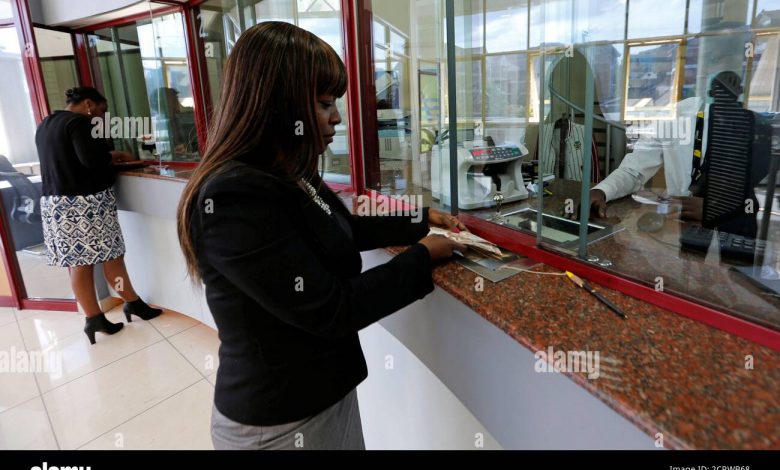South Africa’s biggest banks are changing course – but economists are worried

South Africa’s major banks have successfully navigated complex economic terrain over the first half of 2022, but the outlook for the rest of the year remains uncertain.
Financial services firm PwC said that country’s major banks spent the first half of 2022 focused on the customer experience through digitisation and, as a result, combined headline earnings soared passed pre-pandemic levels.
The major banks collectively now have more capital and risk provisions than ever before, which should help to shield against the effects of economic headwinds in the second half of 2022, it said.
This is one of the key findings in PwC’s Major Banks Analysis, which looks into the combined local currency results of Absa, FirstRand, Nedbank and Standard Bank.
Underpinned by strong transactional activity and revenue growth across product lines, industry sectors and banking franchises, combined headline earnings grew 19% (R48.3 billion) when compared to the year before, said PwC.
“For some of the major banks, headline earnings reached record levels. Strong balance sheet resilience across key capital, liquidity and provisioning metrics remained a consistent theme for all of the major banks.”

Banks with a large regional presence outside the country also saw the benefit of diversification, with some benefitting from the higher rate environment, a recovery in international trade and strong growth in trading revenues, said the group.
The next few months
PwC said that the second half of this year is expected to be volatile and uncertain as geopolitical risks remain tense and acute.
The firm added that a dramatic rise in inflation coupled with recessionary risks across several global economies serves as the basis for rapid monetary tightening in decades.
In South Africa, persistently high unemployment, the path towards an elective political conference in December and electricity supply constraints all serve as the backdrop for continued uncertainty, PwC said.
The country also currently faces a potential greylisting by the international watchdog, the Financial Action Task Force (FATF), which is a worrisome prospect, said PwC.
The group said that a greylisting would lead to increased monitoring by the FATF, more onerous companies and reporting requirements by correspondent banks, possible restriction on correspondent banking relationships and adverse impacts on funding costs.
In a recent interview with the Sunday Times, the CEO of FNB, Jacque Celliers, said that a possible greylisting of financial institutions in South Africa would be another own goal for the country.
Government has until the beginning of October to prove to the FATF that it has taken into account its recommendations to patch up loopholes within the economic and legislative framework that have allowed for money laundering and terrorist financing to occur.
Capitec said that the banking sector is taking active steps to work for hand in hand with the South African Reserve Bank (SARB) in light of the possible greylisting.
The banking industry as a whole is doing everything it can and is cognisant of the new tweaks, enhancements and additional requirements that are being put in place to mitigate financial crime in the country, said De Bruyn.
“If it were to happen, we are planning for what impact it may have,” he said.






